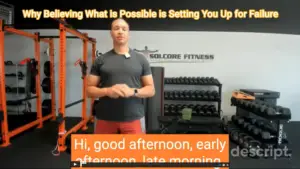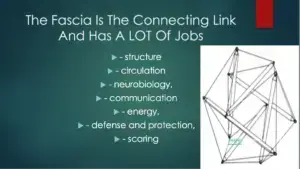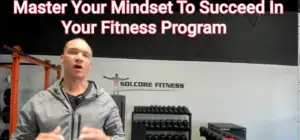
Why Believing What Is Possible Is Setting You Up for Failure
What you think is physically possible for your body may not be the full truth—and these beliefs may set you up for failure in your fitness or rehab journey. The real limiting factor? Your proprioceptors—the thousands of mini “computers” throughout your body that sense movement, joint position, and potential. Just being awake doesn’t mean these









